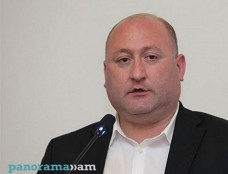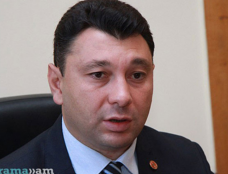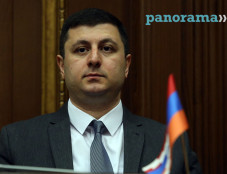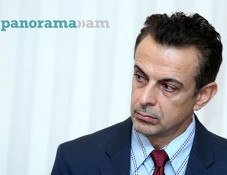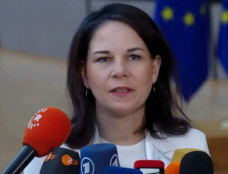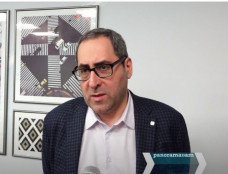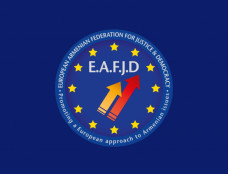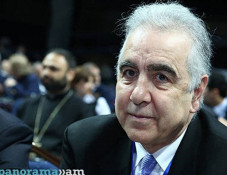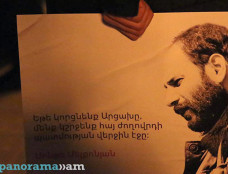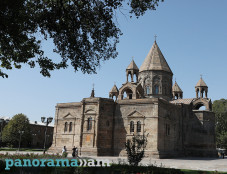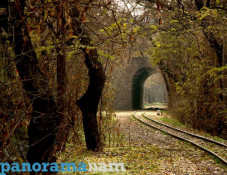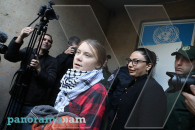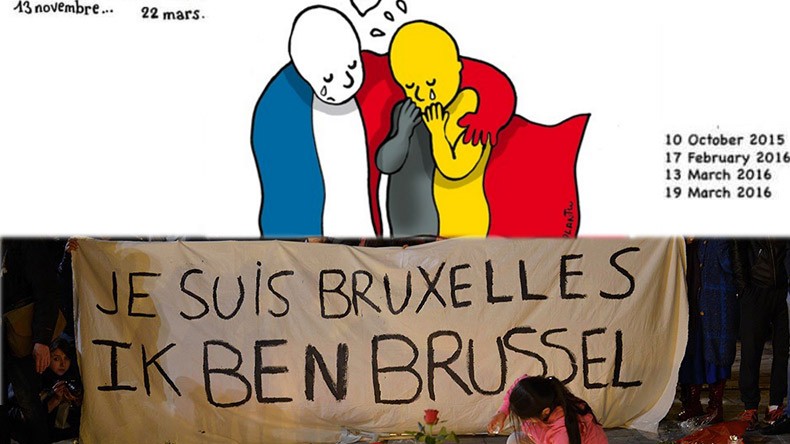
Why Brussels?
Terrorist attacks in Brussels the other day, once again confused Europe and its citizens. The analysts, quite rationally and reasonably, along with the geopolitical situation and the Islamic State group, mainly blame the Belgian security services and the police for the incident.
Why can’t a rich country like Belgium control Brussels region with 1.4 million people and 19 communities, several of which have become centres for extremism, radicalism and terrorism.
Two of these communities, Molenbeek-Saint-Jean and Schaerbeek where the citizens, mostly Turks, Arabs, Moroccan Muslim migrants appear in the role of terrorists or as connections, have been the centre of media’s attention for the past years. Everyone, especially the police is very well aware of this, yet, it seems that nobody does anything about it. Some policemen even admit that they’ve lost control in these areas.
The combination of several aspects led to the increase of marginalists and extremists, and the creation of terrorist centres in Brussels.
First aspect is the value system. Once visiting Molenbeek-Saint-Jean and Schaerbeek, the “reality” of the European capital becomes clear. Living just a few steps away from Schaerbeek for several years, I can say that nothing in these districts hints that you are in Europe. Moreover, you can easily feel that you are in a Muslim town. Young people gathered outside the buildings and houses, old men with worry beads, I won’t avoid the word, unkempt and ragged children and women, most of them wearing headscarves and burkas, terrified me, as I imagined a terrorist under each burka. These people aren’t able to integrate into European society, their values are so far from those of Europeans, that any European value sounds funny to them and vice versa.
The financial aspect comes second. The vast majority of young people living in these districts is unemployed. People live in terrible conditions, which is another reason for their marginalization and radicalization. Young people who have no opportunities in the labour market are easily exposed to the black market of drugs and weapons, which can drastically improve their financial status.
Belgium’s government, divided into Wallonia and Flanders, is the third aspect. The extreme decentralization of management and lack of coordination between different structures can sometimes be absurd. This can be illustrated in a vivid example, when Belgium set a world record in 2010-2011 staying without government for 589 days, as the politicians of Wallonia and Flanders couldn’t agree on political issues and form a government after the elections. The same decentralization operates in the police system. 19 communities have 6 police forces making 150 000 residents for each. This all leads to the fact that with a large number of police forces Belgium isn’t able to control Molenbeek-Saint-Jean district, a hotbed of terrorism with a population of 95.000 residents. The above said can be illustrated in an example when for four months the police didn’t manage to find one of the suspects of terrorist attacks in Paris, Salah Abdesalam, who supposedly had been hiding in Molenbeek the whole time.
Last, but not the least, I will mention police methods of working with criminals presenting a small and simple episode. A thief entered an Armenian’s apartment, rented for a short period in Brussels and stole several items, including a wallet containing only Armenian money. The police caught the thief, confiscated the stolen items and … let him leave without paying any penalty or filling in a document. Just like that. To the question, whether the thief would be punished in any way, the policeman gave a negative answer.
It seems that that this is just the way the police acts in other cases as well, as everyone who carried out terrorist attacks until now or had anything to do with that has been known to the police as criminals, yet they were free. Ibrahim and Khalid El Bakraui brothers, who realized the terrorist attacks in Brussels, weren’t exception, the police knew about them “as criminals, not terrorist.”
As practice shows, the European politeness or weeping, which is reflected in the caricatures made after the attacks; weeping flags, weeping-peeing boy or weeping Ten-Ten, helps neither to control people living in different realities with different values and financial means nor to eliminate terrorist circles. These people’s values simply demand fists and punishment in a strict and collective manner.
Implementing the same policy, Europe will face a much bigger problem, that is, government radicalization and “the end of Europe.”
After World War II, Europeans seem to have “blown out” the flame of their arrogance, chauvinism and intolerance, yet every such terrorist attack adds a spark to the flame, which will result in nationalist forces coming to power. We’ve witnessed such situations in France, where extremist party received a record number of votes and in Germany, where parties with anti-migration policies won.
History has a habit of repeating itself.
Newsfeed
Videos





